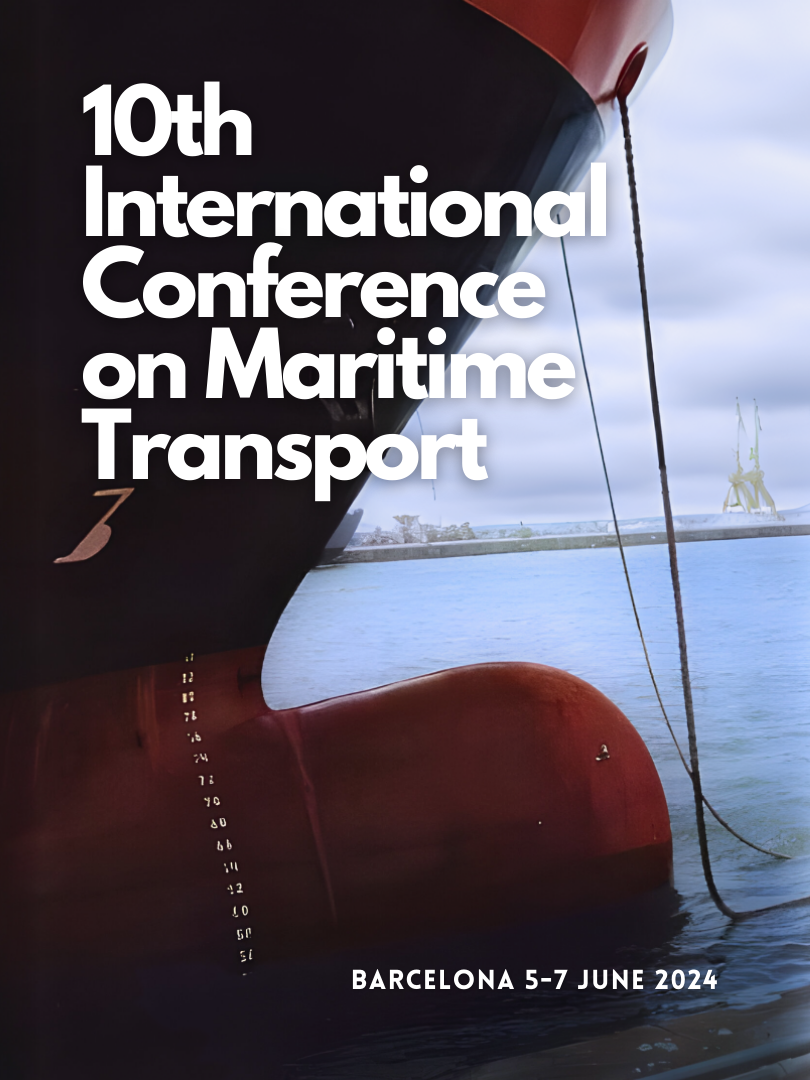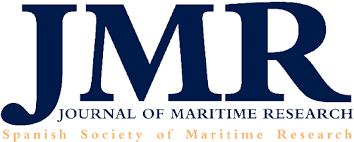NAVIGATING THE FUTURE: ANALYSING MARITIME AUTONOMOUS SURFACE SHIP PROJECTS AND ANTICIPATING FUTURE NEEDS
DOI:
https://doi.org/10.5821/mt.12818Abstract
Maritime Autonomous Surface Ships (MASS) represent a transformative paradigm in the maritime industry, leveraging advanced technologies to revolutionize vessel operations. Despite the proliferation of MASS projects, there remains a critical gap in understanding their architecture, operational requirements, and socioeconomic impacts comprehensively. This review aims to address this gap by systematically analyzing existing MASS projects to identify key projects results and areas of focus. The results reveal discrepancies and some omissions in current projects, emphasizing the importance of a holistic approach in research and prototype projects to develop MASS effectively. By highlighting essential areas of focus for further research and prototype projects, this study contributes to advancing the understanding and implementation of MASS technologies. Ultimately, this research informs policymakers, researchers, and practitioners, facilitating the seamless integration of MASS into maritime operations and enhancing efficiency and safety in the maritime domain.













